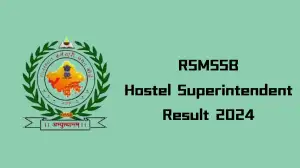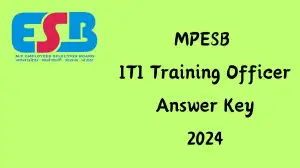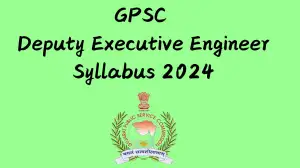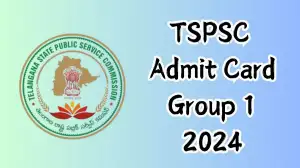CTET Syllabus 2024, Check Out the Syllabus for Paper 1 and Paper 2 Here
by Tamilarasi S | Updated May 22, 2024
CTET Syllabus 2024
Central Teacher Eligibility Test (CTET) is conducted twice a year, offering opportunities to aspiring teachers. Understanding the syllabus is crucial for effective preparation. The CTET 2024 syllabus covers various subjects and topics essential for teaching at different stages.
Exam Pattern
Papers:
Question Format:
Marking Scheme:
Focus Areas:
Difficulty Level:
Exam Duration:
Language Options:
Maximum Marks:
Syllabus for Paper 1 (Classes I to V)
|
Subjects/ Topics |
Questions |
Marks |
|
I. Child Development and Pedagogy |
30 |
30 |
|
II. Language – I |
30 |
30 |
|
III. Language – II |
30 |
30 |
|
IV. Mathematics |
30 |
30 |
|
V. Environmental Studies |
30 |
30 |
Child Development and Pedagogy
Sections |
Syllabus |
|
Child Development and Pedagogy |
(a) Child Development (Primary School Child)
|
|
(b) Concept of Inclusive education and understanding children with special needs
|
|
|
(c) Learning and Pedagogy
|
Language I
|
Language I |
(a) Language Comprehension
|
|
(b) Pedagogy of Language Development
|
Language II
|
Language II |
(a) Comprehension
|
|
(b) Pedagogy of Language Development
|
Mathematics
|
Mathematics |
(a) Content
|
|
(b) Pedagogical issues
|
Environmental Studies
|
Environmental Studies |
(a) Content
|
|
(b) Pedagogical Issues
|
Syllabus For Paper 2
|
Subjects/ Topics |
Questions |
Marks |
|
I. Child Development and Pedagogy |
30 |
30 |
|
II. Language I (compulsory) |
30 |
30 |
|
III.Language II (compulsory) |
30 |
30 |
|
IV. A. Mathematics & Science or B. Social Studies & Social Science |
30 + 30 |
60 |
|
60 |
60 |
Child Development and Pedagogy
|
Child Development (Elementary School Child)
|
|
|
Concept of Inclusive Education and Understanding Children with Special Needs
|
|
|
Learning and Pedagogy
|
Language I
|
Language I
|
|
|
|
Mathematics
|
Mathematics |
Content
|
|
Pedagogical Issues
|
Social Studies & Social Science
|
Social Studies & Social Science
|
History
Geography
Social and Political Life
Pedagogical issues
|



